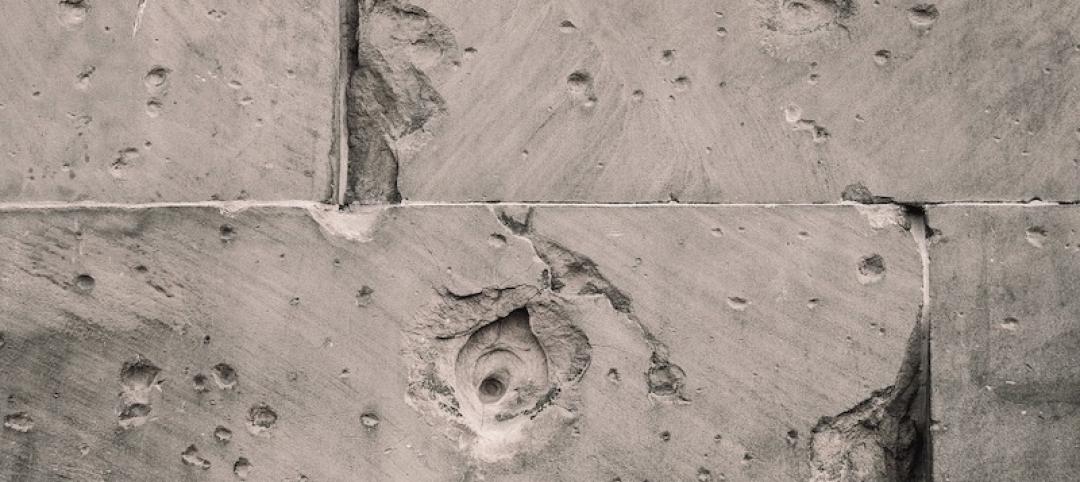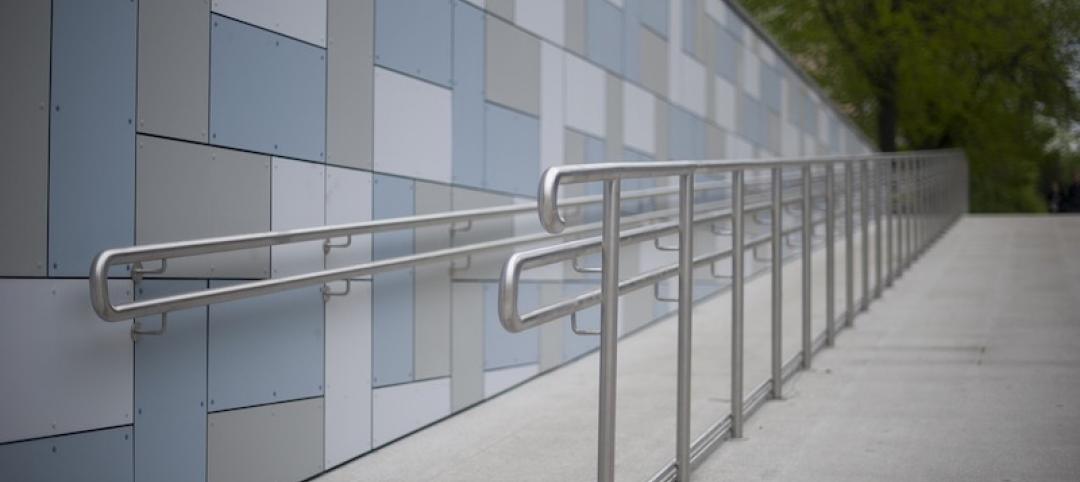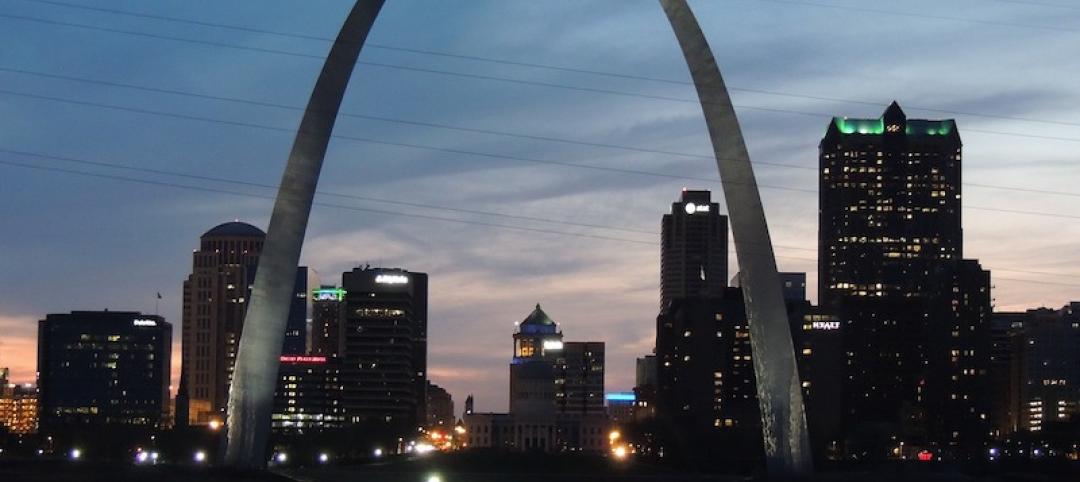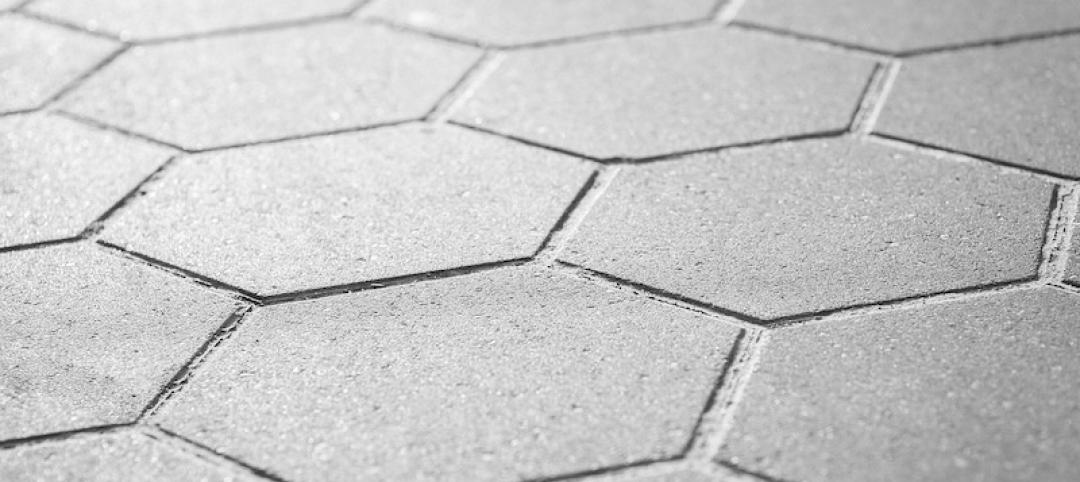Liberty Building Forensics Group, a building forensics firm warned building teams working on hotel projects to be on guard against moisture intrusion and mold.
Rigid adherence to brand standards in new hotel construction without factoring in specific regional and climatic conditions can result in significant mold and moisture issues, Liberty says. Global design standards typically do not take into consideration specific limitations of regional climates.
Regional violations in design standards have repeatedly resulted in extensive and costly mold and moisture problems in hotels, Liberty says. Hotel chains say their design standards are only guidelines, and that the designer or contractor on site is responsible for interpreting how to make adjustments for local climate. But brand standards are so specific and budget-driven that contractors typically adhere to them, even if they’re contrary to best climatic practices, Liberty says.
Liberty Vice President George DuBose says during the recent uptick in new hotel construction, his firm is seeing a recurrence of mold and moisture problems. “What we knew to work so well in the 1990s has been forgotten in today’s hotel design and construction,” Dubose says. “This poses a significant risk of new hotel failures that could mirror what we experienced in the 1980s and 1990s in warm, humid climates.”
Related Stories
Codes and Standards | Oct 28, 2019
U.S. military demands landlords address health hazards in troop housing
Air Force threatens formal dispute process.
Codes and Standards | Oct 24, 2019
ASHRAE design contest winners demonstrate building resilience
Model building, a city hall, could operate without utility service for two weeks.
Codes and Standards | Oct 22, 2019
Efficient material design, low-carbon concrete are critical to cutting GHG emissions in construction
Enhancing building utilization and reusing materials also aid carbon reduction.
Codes and Standards | Oct 21, 2019
Historic properties not exempt from Americans With Disabilities Act
Some exceptions do apply.
Codes and Standards | Oct 18, 2019
St. Louis could save $61 million per year in energy costs by improved building performance
GHG gases can be reduced by at least 11% with upgrades to public buildings and large private buildings.
Codes and Standards | Oct 17, 2019
Slow payments cost GCs and subs $64 billion annually
Study finds 51-day average payment turnaround.
Codes and Standards | Oct 16, 2019
Cool pavement can make people hotter
Reflective coatings channel sunlight raising temperatures where pedestrians walk.
Codes and Standards | Oct 15, 2019
Utah adopts 2018 International Energy Conservation Code
Provisions include increased building envelope performance and reduced air infiltration.
Codes and Standards | Oct 14, 2019
States continue to beef up energy efficiency codes
ACEEE 50-state scorecard finds latest IECC code gaining adherents.
Codes and Standards | Oct 9, 2019
DOE releases Better Buildings Healthcare Financing Primer
Outlines financial strategies to implement energy-efficiency projects in healthcare.
















